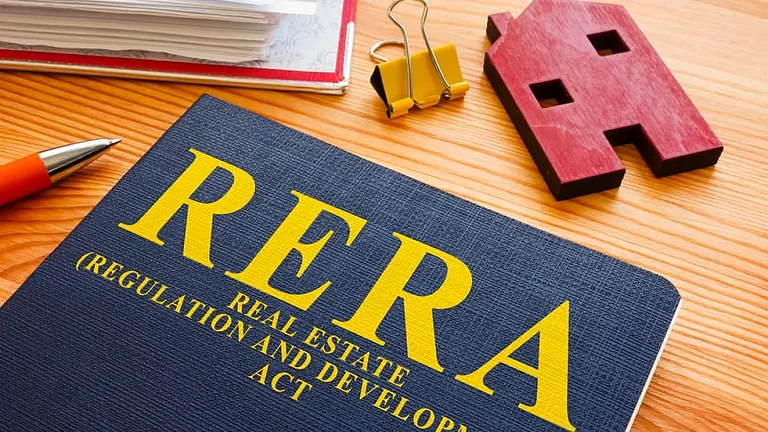
Summary of this article
Haryana RERA has ordered Panipat-based Real Heights Developers to refund Rs 10 lakh in cash, plus Rs 7.73 lakh interest, to a homebuyer in the Harmony Homes project.
The case, involving a 2018 booking, was also sent to the Income Tax Department as the cash payment exceeded the Rs 2 lakh legal limit.
RERA found the developer withheld repayment and declined forensic verification of a receipt, terming the act an abuse of dominant position, reinforcing its crackdown on black money in property deals.
The Haryana Real Estate Regulatory Authority (Rera) has cracked down on cash transactions in the property market, forwarding cases involving amounts exceeding Rs 2 lakh to the income tax department for investigation. In the real estate sector, the move targets the long-established practices where individuals often funnel unaccounted cash (black money) for property transactions.
In one such recent case, the Panchkula bench of Haryana Rera recently ordered Panipat-based Real Heights Developers to return Rs 10 lakh taken in cash from a homebuyer, along with Rs 7.73 lakh in interest calculated at 10.9 per cent annually. The case, involving a flat in the ‘Harmony Homes’ affordable housing project, also revealed the developer’s refusal to provide a signature specimen for a receipt, a decision that weighed against the company in the final ruling.
Why Was This Case Sent to the Income Tax Department?
The order was passed by RERA members Geeta Rathee Singh and Chander Shekhar after a detailed hearing, according to a report by ET Realty. Their decision to involve the income tax authorities hinged on a critical fact: the cash transaction exceeded the Rs 2 lakh threshold set by law for mandatory reporting.
The complaint dates back to July 6, 2020, when Jasvir Singh of Panipat approached RERA alleging violations of the Real Estate (Regulation and Development) Act. Under the law, developers must fulfil all commitments made to buyers, and deviations can invite strict penalties.
How Did the Dispute Begin?
Singh had booked a unit (a 2BHK-plus-study) in the premises in June 2018 for Rs 23.5 lakh and paid an initial amount of Rs 1,18,537 through cheque. A fortnight later, another Rs 10 lakh was paid to Sanjay Gupta, director of the developer in cash and Singh was handed over a handwritten receipt on letterhead and affixed with the stamp bearing the company logo.
While the cheque amount was refunded after the deal soured, the cash amount was never returned. The developer claimed Singh was unhappy with the allotted flat’s location on the 14th floor and demanded a unit on the 2nd floor instead, failing which he withheld the remaining payment. The company also alleged the cash receipt was forged.
What Evidence Turned the Case?
Rera observed during the proceedings that the company stamp on the cash receipt was the same as that on the acknowledgment for the cheque receipt. The panel also asked for samples of his signature to undergo forensic analysis, which he declined to provide. Singh on the other hand had used evidence to prove his earnings and accounted for the cash deposit.
The bench concluded that the developer had used its “dominant position” to refuse repayment obligations. The authority passed a written order asking the builder to refund the amount along with interest and also warned that such practices erode buyer confidence and defeat the purpose of the Rera framework.












